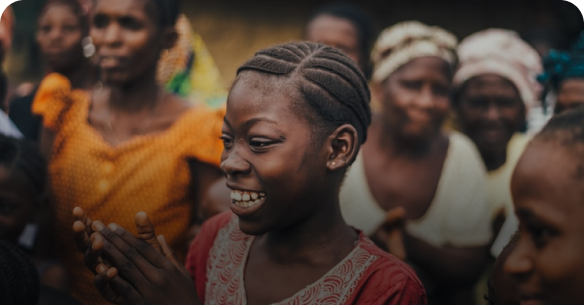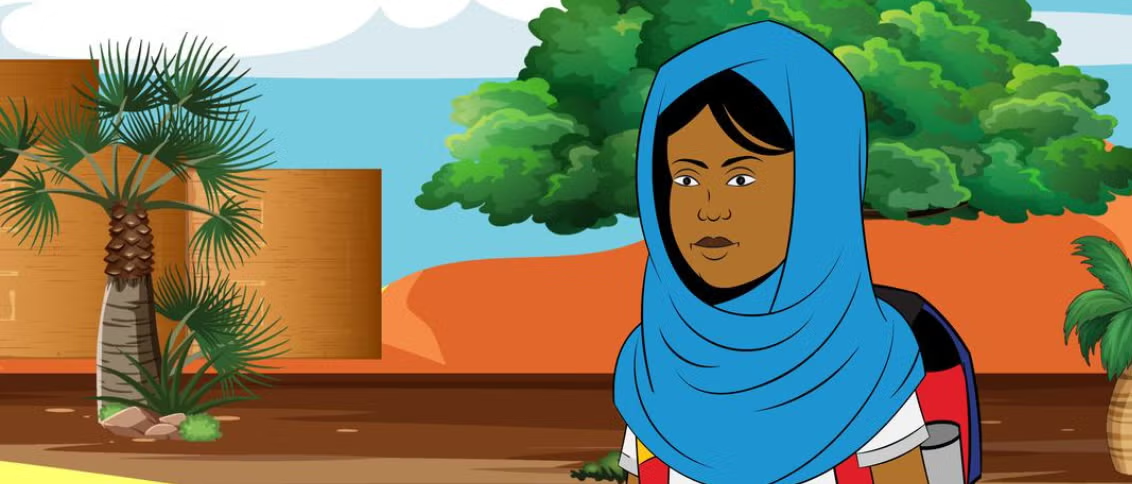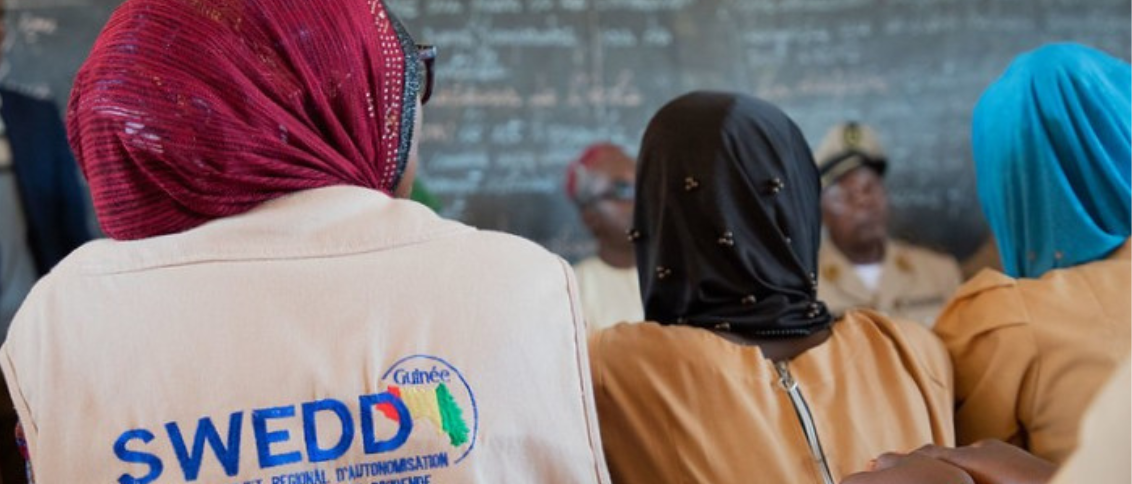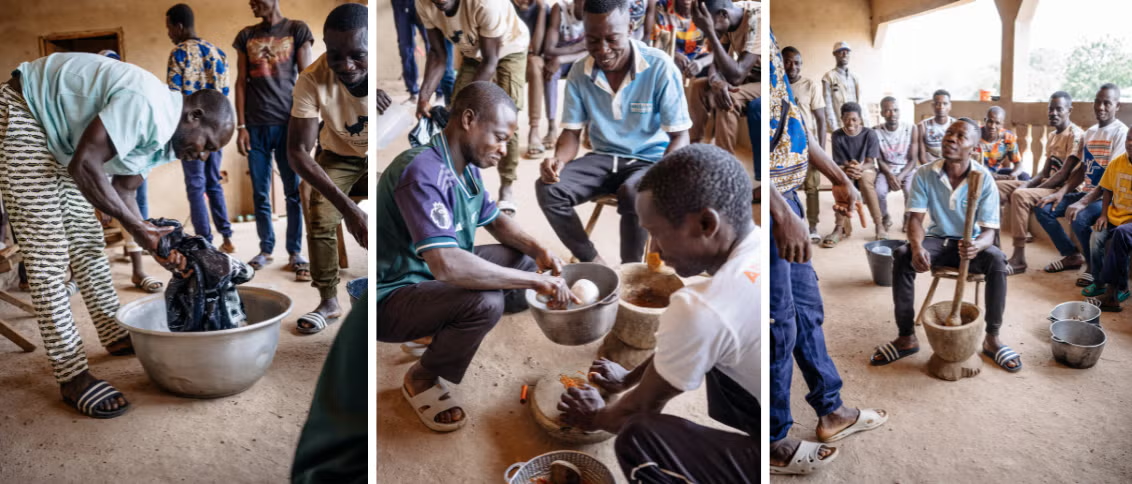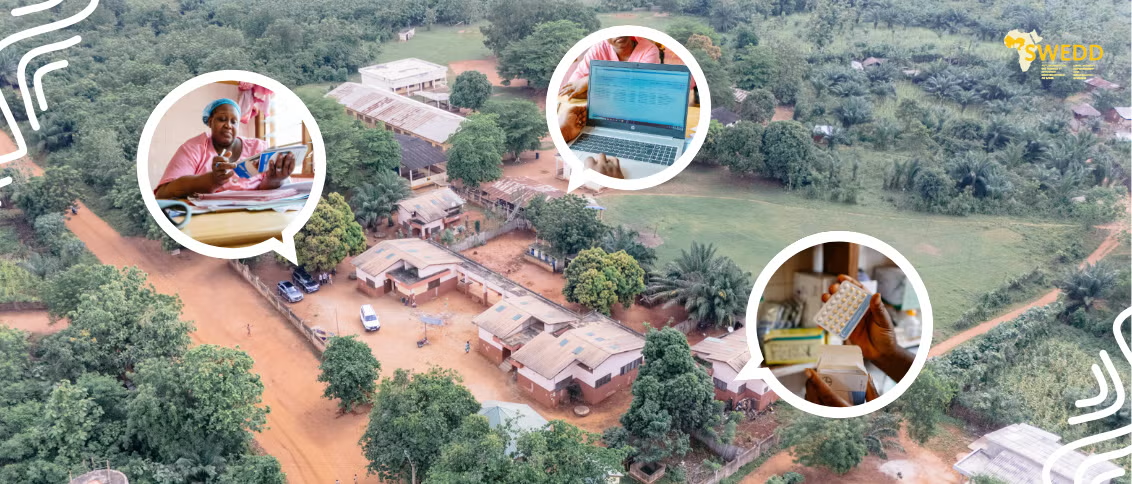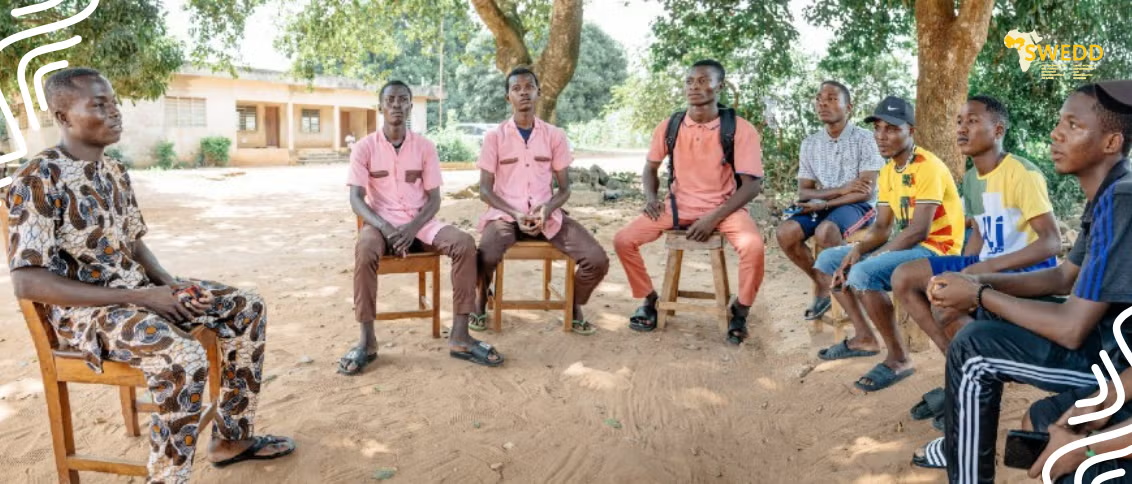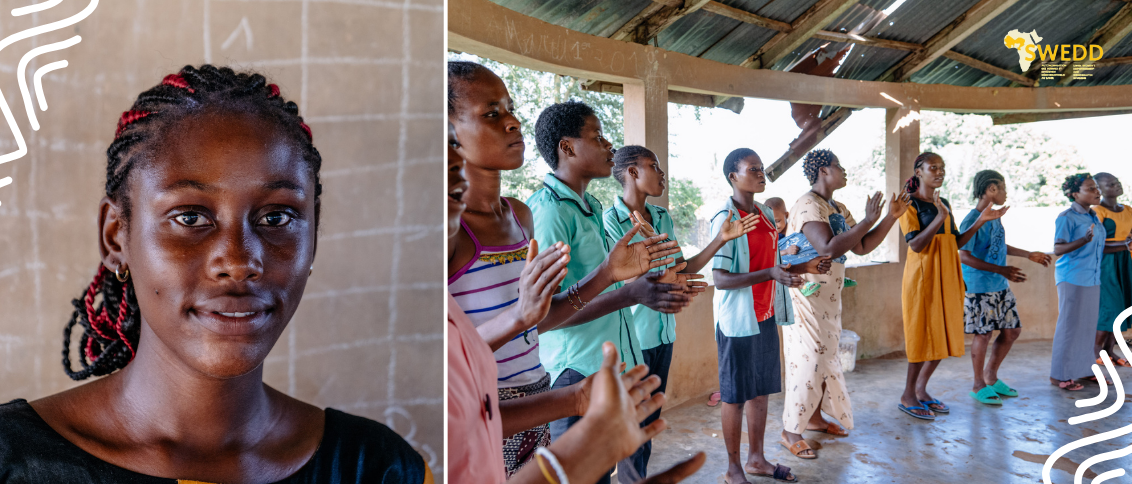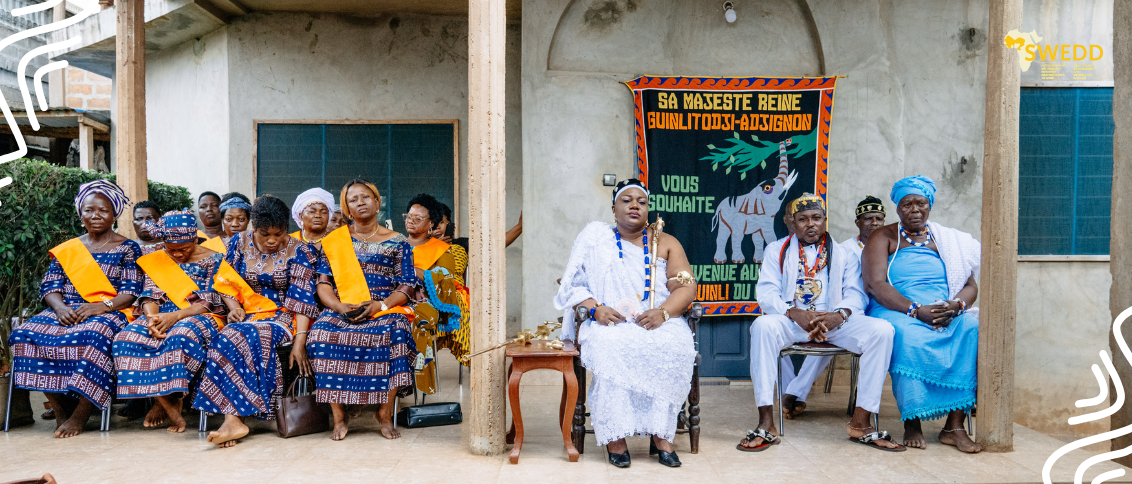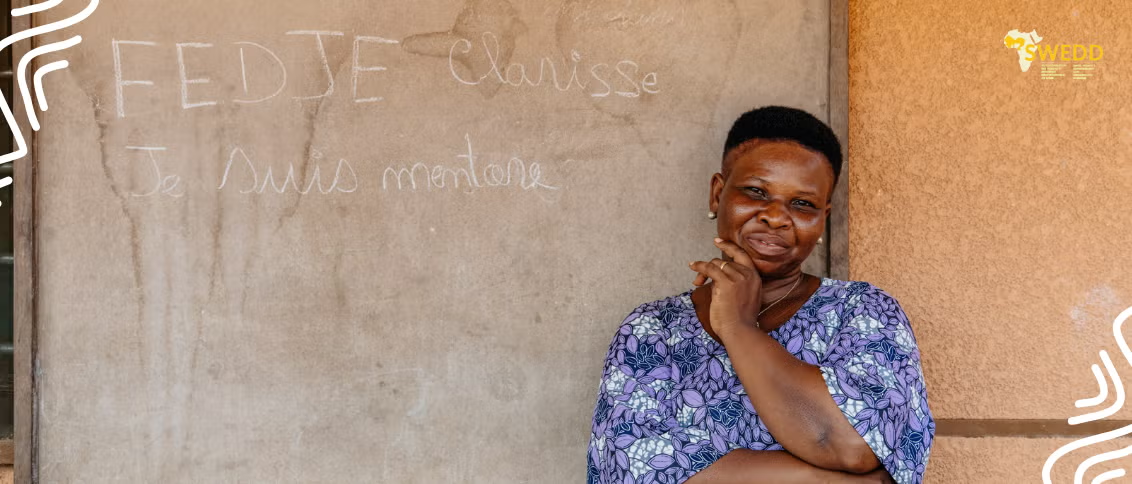
Chad
"To educate a girl is to educate a nation" - Oumar Moumine has encouraged his five daughters to study, and is a model father for the SWEDD project. Find out more

Overview
Overview
*Activate automatic English translation in the video settings
Given the vast size of the country, the lack of infrastructure, equipment, reproductive health products and services, political instability, poverty and socio-cultural constraints, the Chadian population's access to and use of basic social services is severely limited. Despite economic growth of 9.6%, Chad ranks 185th out of 188 countries in terms of human development. Its health indicators remain very unsatisfactory. The country has one of the fastest-growing populations in the region, at around 3.5% a year, as a result of a still very high fertility rate and virtually no use of contraceptive methods. To embark on its demographic transition, the country must overcome a number of challenges, including reducing the age of first marriage, which is 16 on average, and consequently the age of first birth and the health risks for mother and child. Chad must encourage girls to go to school by investing more in education, which currently accounts for 3.2% of national GDP.
Facts & Figures
Projects
Promoting a change in attitudes, making reproductive health products and services more accessible and raising awareness of demographic dividend issues among political decision-makers.
Many factors affect the health of women and girls, such as harmful socio-cultural practices, female genital mutilation, early marriage, levirate and clandestine abortions.

